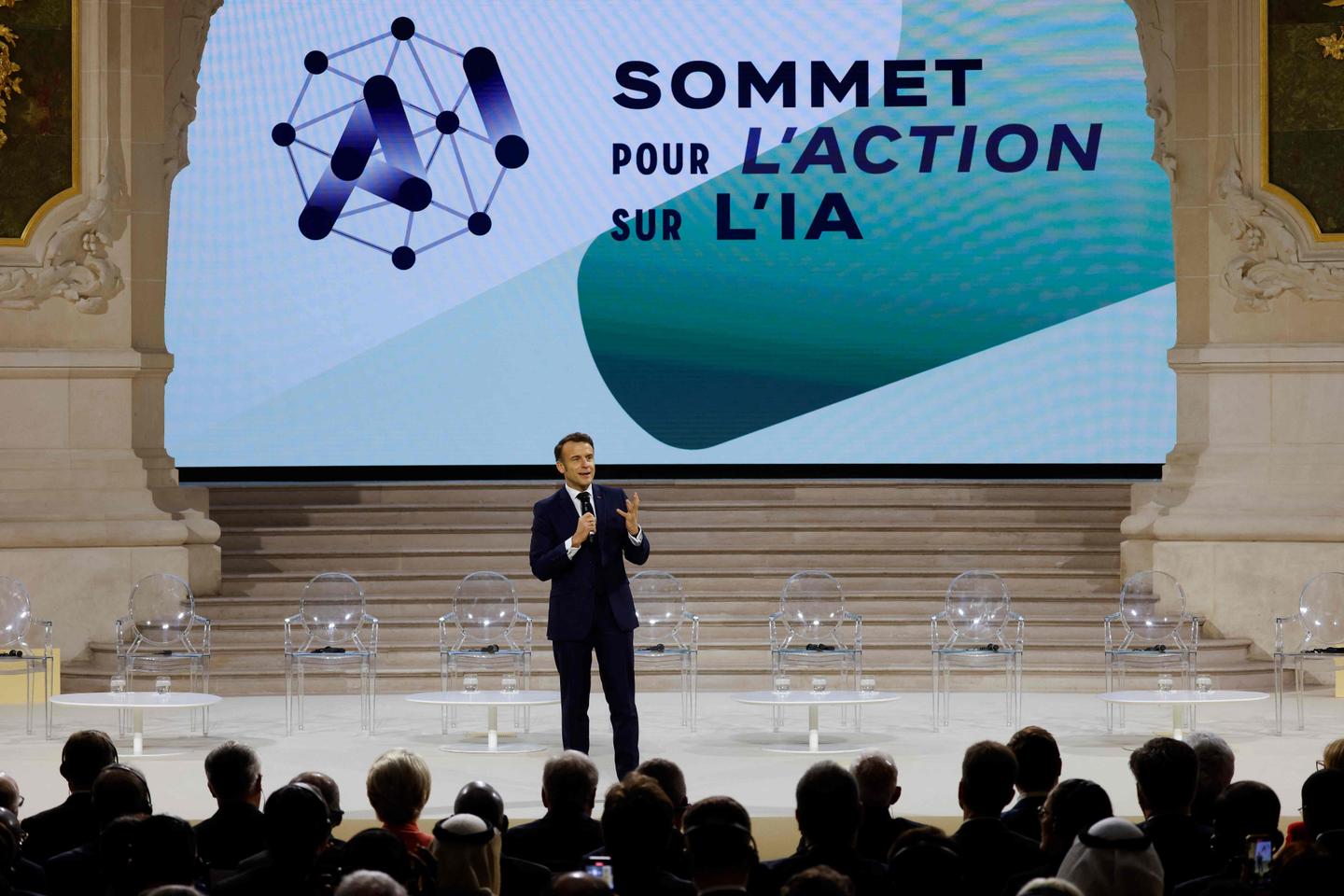


"I strongly encourage European players to buy European," said Emmanuel Macron on Monday, February 10, at the Summit for Action on Artificial Intelligence (AI) in Paris. "We need more economic and European patriotism. We need to go all out, buy French and European artificial intelligence whenever it exists," he said a few days earlier in an interview with the regional press. More broadly, in the digital sector, "European preference is not a dirty word," said Minister Delegate for Digital Affairs Clara Chappaz. "Many countries are already doing this, in compliance with international rules. We just need to think differently to better support our ecosystem," she said to Franceinfo.
What is the value of these exhortations at a time when the tension between the EU and Donald Trump's US is growing daily, between threats of customs sanctions, the halting of aid to Ukraine and full-scale attacks on European regulation of American digital giants? Have they become anachronistic in the space of a few weeks – an eternity, given the pace of ongoing geopolitical upheavals? On the contrary, it could be argued that now is the time for European preference. Calls for a boycott of American products on Facebook groups in Northern Europe and France remain anecdotal for the time being, but more profoundly, calls to reinforce the continent's strategic autonomy are adding to the economic arguments in favor of such a course.
The idea of favoring local digital companies is by no means new; in fact, it is a bit of a recurring issue. Many players in the sector have long been calling for – as in an article published in L'Obs in 2022 – a "Buy European Tech Act," which would reserve for EU companies a share of public orders from administrations, public companies and local authorities. "In practice, Americans have favored buying American products. The same goes for Asians. And if Europeans don't buy European, no one will do it for us," said France Digitale startup association president Maya Noël in 2024 in an interview with Franceinfo.
You have 45.58% of this article left to read. The rest is for subscribers only.
